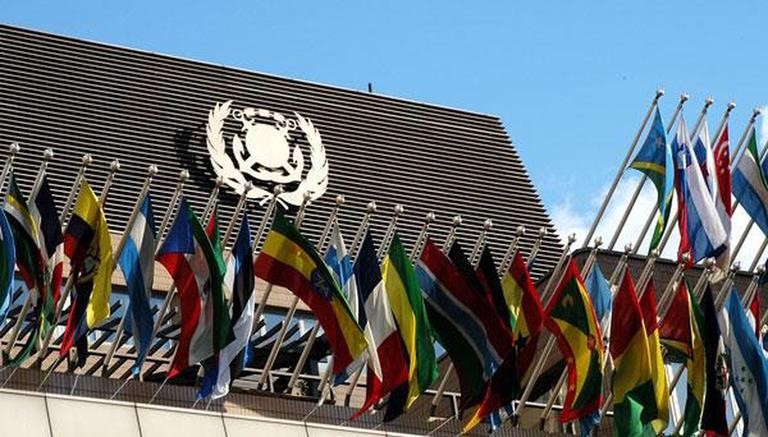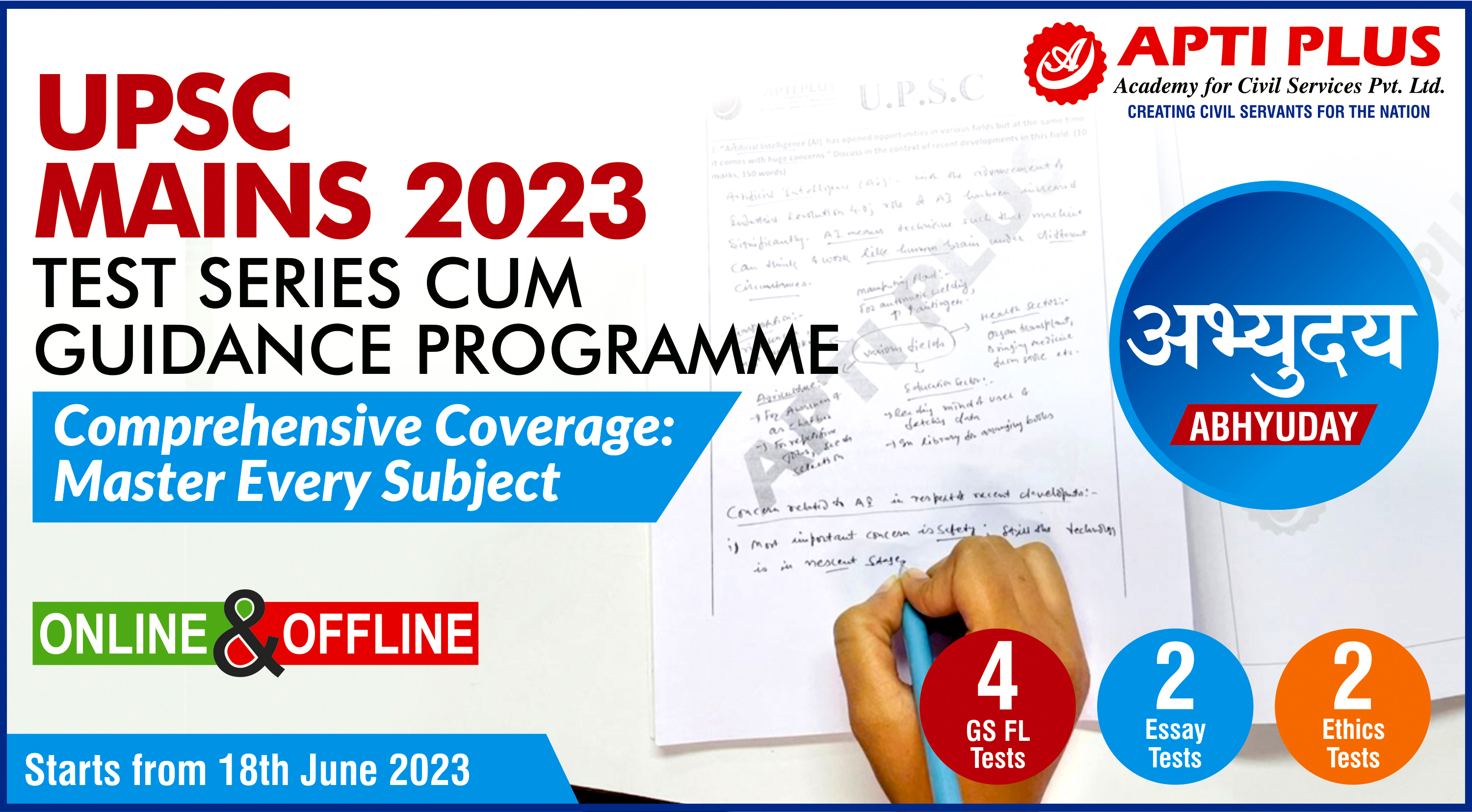Description

Disclaimer: Copyright infringement not intended.
Context
- 80th session of International Maritime Organisation’s Maritime Environmental Protection Committee (MEPC) was organized on 3rd July 2023.
- In this session India stressed to keep realistic targets for ensuring an achievable net zero carbon fuels in Marine fuel mix.
- In a bid to control emissions from the maritime sector, India called for net zero carbon fuels to occupy 5 per cent of the Marine fuel mix by 2030.
Other Details
- India also made a point for no any additional checkpoints till 2030.
- Due to unrealistic targets there can be flawed policies, unsustainable investments, and long-term consequences of immature technological solutions.
- India proposed a way forward to deal with these risks and submitted an MEPC document.
Highlight of India’s Stand in Meeting
- Reduction strategy should be progressive and in a phased manner.
- The transition to net zero fuel should be smooth.
- It should be achievable (realistic) and inclusive.
- It also opined that financial levy on Greenhouse gas emissions should have an aim to encourage the transition to green energy not to penalize.
- Economic proposal for green transition should generate appropriate funds for R&D, for production of alternate fuels, and development of supply chain infrastructure.
- To achieve the Paris agreement goals, below is to be ensured along with economic measures -
- Future fuels availability and affordability
- Cost-effectiveness in future fuelled engines and
- Requirement of trained manpower
- There should be a revenue generation proposals and subsequent strategic distribution of this revenue to deserving sector.
- Advocating GHG pricing and trading in any economic proposal of MEPC will dampens the attractiveness of investment in new zero-carbon technologies,
|
Marine Environment Protection Committee (MEPC)
- This is a committee under remit of International maritime organization.
- It addresses environmental issues which include –
- Control and prevention of ship-source pollution covered by the MARPOL treaty.
- Sewage, garbage, chemical and oil pollution from ships.
- Air pollutants and greenhouse gas emissions from ships.
- Anti-fouling systems.
|
International Maritime Organization (IMO)
- It is a specialised agency of United Nations for regulation of ships and the resulting pollution.
- Its parent organization is United Nations Economic and Social Council.
- It was established in 1948 as Inter-Governmental Maritime Consultative Organization.
- However in 1982, its name was changed to International Maritime Organization.
- It has 175 Member states, 3 associate members, 66 intergovernmental organizations with observer status, 85 international NGOs with consultative status
- It has headquarters in London, United Kingdom.
- India became a member of the International Maritime Organization (IMO) in 1959.
Purpose
- IMO is a global standard setting authority for the safety, security and environmental performance of shipping
- It also ensures that such standards are fair and effective and are universally adopted and implemented. Hence its functions include following-
- To improve the safety and security of international shipping.
- To prevent pollution from ships.
- Dealing with resulting liability and compensation issues.
- Facilitation of international maritime traffic.
- Out of 67 treaties of IMO, India is a party to 33 treaties (conventions/protocols).
|
PRACTICE QUESTION
Consider the following statements about International Maritime organization:
1. It is a specialized agency of United Nations with United Nations Economic and Social Council as its parent organization.
2. It formulates legally binding regulation related to ships and the resulting pollution.
Which of the statements given above is/are correct?
A. 1 only
B. 2 only
C. Both 1 and 2
D. Neither 1 nor 2
Answer: (A)
|

https://www.republicworld.com/india-news/general-news/india-urges-imo-for-realistic-target-of-5-percent-net-zero-carbon-fuels-in-marine-fuel-mix-by-2030-articleshow.html
















